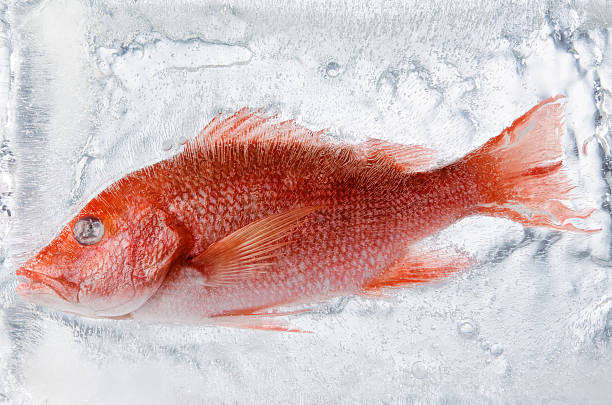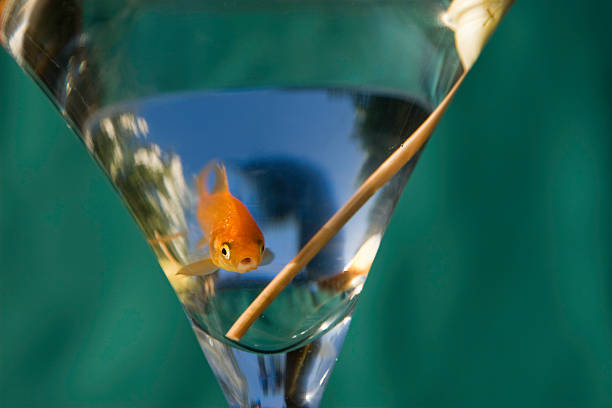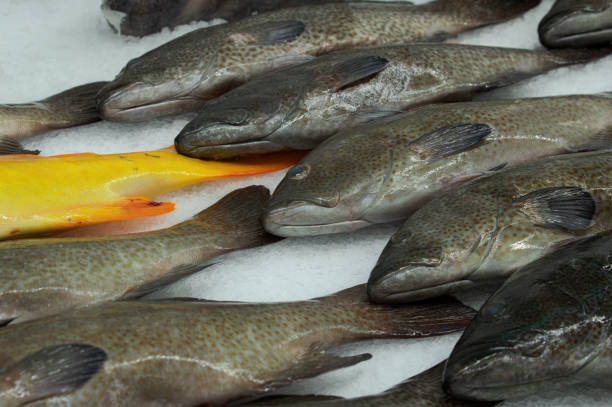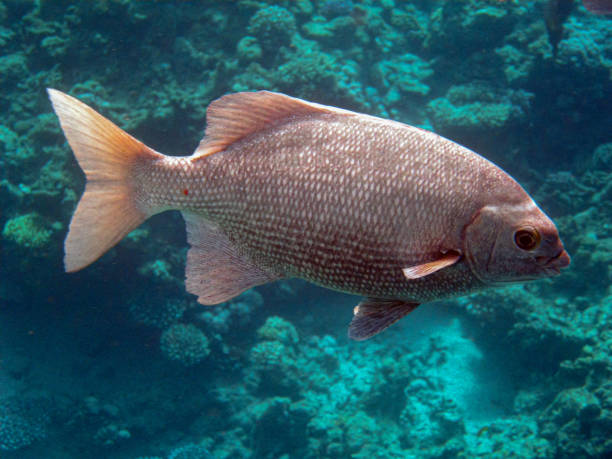Ideal Water Temperature For Tropical Fish
Many pet owners are attracted to tropical fish because they are vibrant and easy to care for. However, these fish need a special aquarium with specific temperature requirements.
Like all cold-blooded animals, fish cannot regulate their internal body temperature — they rely on the water temperature to determine their metabolism and activity levels. If their tank water temperature is too warm or too cold, they will be stressed and unhealthy.
Temperature Ranges
Most tropical fish hail from warm climates, which means they require water temperatures higher than room temperature. A good aquarium heater, plugged into an uninterruptible power source, is the best solution to keep the water in your tank warm. An accurate thermometer is also important, and there are many different types available. One style sits inside the tank, with a tube of dyed alcohol that rises up to indicate the water temperature. There are also strip thermometers that sit on the outside of the tank, with a scale that illuminates as the water temperature rises.

While the majority of tropical fish can live with a range of temperature conditions, it is vital to research the ideal aquarium water temperature for each specific fish species before purchasing one. Most fish profiles will include this information, and pet store assistants should be able to provide it as well.
Temperature Shocks
Often, when people first get into the hobby they will put their tropical fish into a tank that is too warm. This can cause a lot of problems for the fish because it is not its natural environment. They will suffer because the water temperature is too high and may die if it continues for long periods of time.
This is why it is important to figure out the ideal water temperature for a specific fish species before you start to build a tank. This will prevent you from accidentally killing your fish.

Temperature change can also impact a fish’s ability to reproduce. This is because a fish’s reproductive system is dependent on a certain temperature to function properly. If a female lays eggs in water that is too warm, they will not grow properly.
Warmer water also holds less oxygen than cool water, so if the temperature goes up, it is important that the aeration in the tank also increases. This will ensure the fish gets the oxygen it needs to survive and reproduce.
Temperature Changes
Temperature changes can affect fish physiology and behavior, but the exact effects are species specific. Because fish are ectotherms and do not produce or retain body heat, they depend on water temperature for thermal insulation.
Warmer waters have a negative effect on the immune and enzyme systems of fish, while cooler temperatures can reduce the metabolic rate, making it more difficult for fish to obtain adequate nutrition. Water temperature can also influence locomotor performance, with swimming speeds improving as fish move to the optimal temperature and decreasing as they move away from it.

Most hardy tropical fish like tetras, barbs, rasboras, gouramis and cichlids can tolerate an upper and lower range of 5 degrees Celsius outside of their optimum. This would be fine while they are being transported or during a short heat wave, but any prolonged exposure can cause them stress and possibly even death. In addition, warm water holds less oxygen than cold water, so if the temperature goes up it is important to increase aeration to compensate or lack of oxygen may kill your fish before the temperature does.
Most aquarium fish prefer a temperature in the high 20s Celsius, with some species such as the Redline Torpedo Barb Sahyadria denisonii needing slightly higher temperatures. It is essential to research the requirements of your fish or ask the staff at your pet store before buying them, so you can be sure that your aquarium has the right water temperature for them.
Heaters
The temperature of freshwater tropical fish in aquariums needs to be kept fairly constant. If it goes too high or too low it becomes stressful for the fish and may cause health problems. Heaters are very helpful and easy to use to keep the water in the right range.
There are many different types of heaters available for all different aquarium sizes. The best choice is to choose a heater that has an overheat sensor so that it will shut off before the tank gets too hot. The other consideration is to make sure that the heater wattage is appropriate for the size of the tank. Too little wattage will not warm the tank enough and too much can be dangerous.
Most freshwater tropical fish can tolerate temperatures a bit above and below their optimum range but prolonged exposure to high temperatures can be detrimental or even deadly. Cory from aquarium co-op did a great YouTube video on this and he explains that it is not just the temperature itself that can kill but how long the exposure is and how fast the water is warming.
Most reefers will use a chiller to keep their marine aquariums at an appropriate temperature. This is particularly important since many marine invertebrates come from temperate habitats and can not stand warm water for very long.

